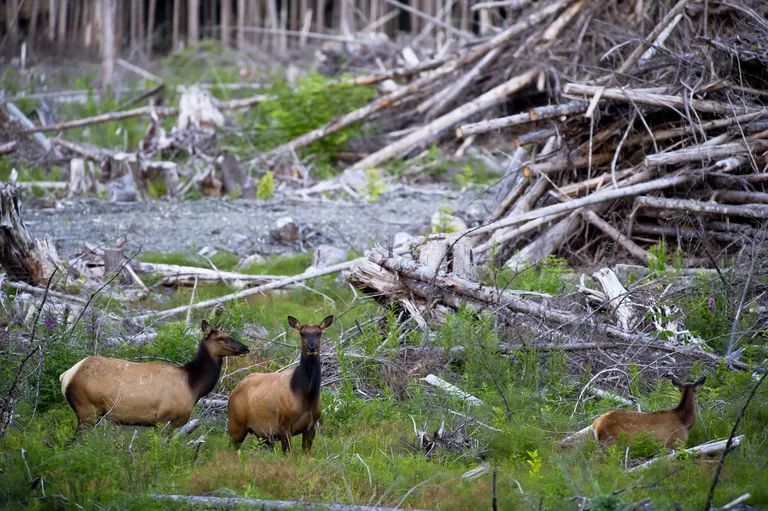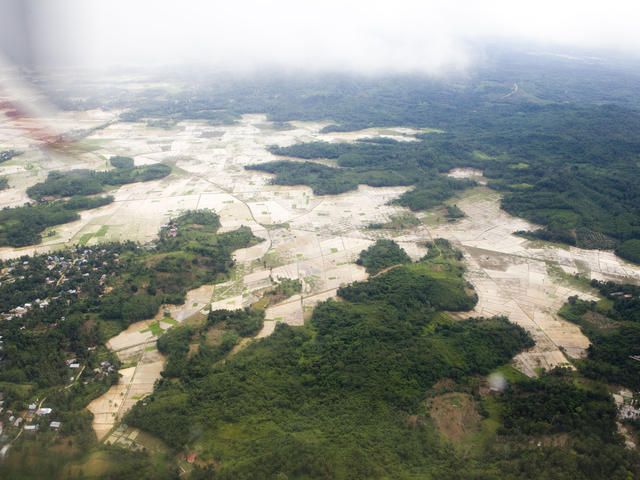Habitat Loss : Their Home On Verge Of Destruction
Apr 03, 2019 • 30 views
The wildlife and their habitat cannot speak and we have no right to snatch it away from them.
The accelerated rates of species extinction that the world is facing now are largely due to human activities. There are four major causes of biodiversity loss known as 'Evil Quartet' and habitat loss is one of them. This is the most important cause driving animals and plants to extinction. It is identified as the main threat to 85% of all species described in the IUCN'sRed List. When an ecosystem has been dramatically changed by human activities such as agriculture, oil and gas exploration, commercial development or water diversion it may no longer be able to provide the food, water, cover, and places to raise young. Just imagine how would you feel if someone throws you out of your house and burned it down to ashes!

The world's forests, swamps, plains, lakes, and other habitats continue to disappear as they are harvested for human consumption and cleared to make way for agriculture, housing, roads, pipelines and the other hallmarks of industrial development. These are the stolen treasures that we must return back to the nature.
Some indirect factors like pollution and climate change also play a major role in the destruction of habitats. Climate change generally leads to drought which causes die-offs of trees and dries out leaf litter, increasing the risk of forest fires, which are often set by land developers, ranchers, plantation owners, and loggers. The smoke from a forest fire can cause widespread health problems, it interferes with transportation, and blocks the formation of rain clouds, while the burning contributes huge amounts of carbon dioxide to the atmosphere, worsening the effects of climate change.
The most dramatic example of habitat loss comes from the tropical rain forest like Amazon rain forest. Once covering more than 14% of the Earth's land surface, these forests now cover no more than 6%.Known as the 'lungs of the planet', the Amazon rain forest harboring probably millions of species is being cut and cleared for cultivation of soya beans and around 17% of the forest has been lost in the last 50 years, mostly due to forest conversion for cattle ranching for beef production.

We’re losing 18.7 million acres of forests annually, equivalent to 27football fields every minute! When large habitats are broken into small fragments due to various human activities, mammals and birds requiring large territories and certain animals with migratory habits are badly affected, leading to population decline. In the case of endemic species, that are found only in a particular habitat, destruction of habitat leads to their extinction.
What can you do?
Whenever we read such articles, a question pops up in our mind 'what can we do at home to preserve biodiversity?' Firstly, restoring mini habitat in our yard, balcony or in our community can thrive many living organisms and cleans the air around our environment. Secondly, become a minimalist. A minimalist's lifestyle runs on the idea 'Own Less, Harm Less, Live More.' The more we reduce our demand for new resources, the less habitat will be destroyed to get those resources or the energy to make those products. Reducing energy demands, reusing and recycling, donation to conservation practices, etc. are among basic efforts at the individual level. If we can't remain disciplined to these principles, then we ourself are responsible for nature's destruction.
Don't let species extinct, in this world we all are linked.
